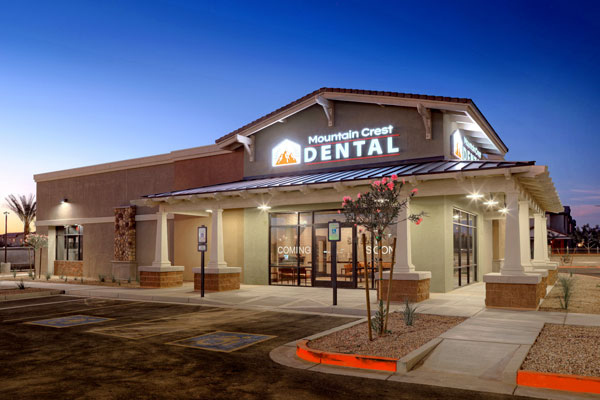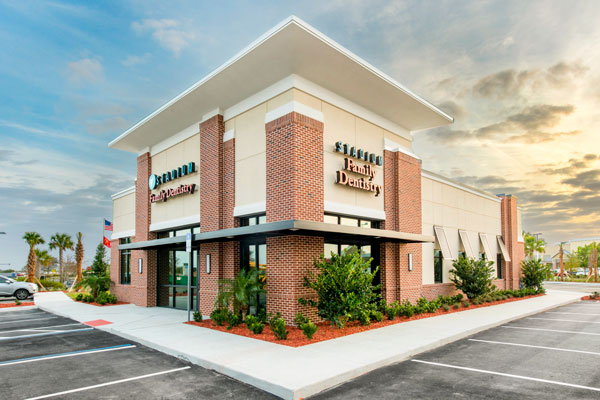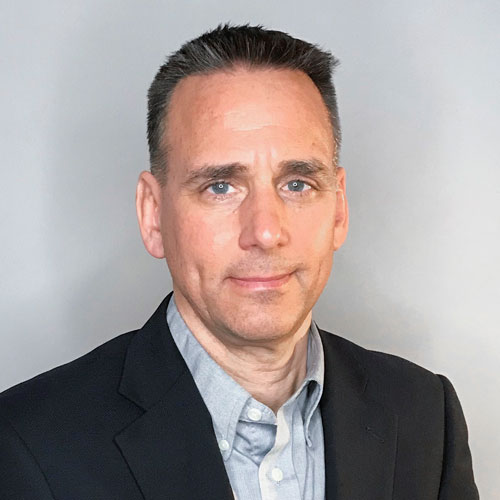One challenge that doctors of all stripes face is balancing the clinical sides of their practices with the business aspects of them. It’s not easy to clear out a cavity when you’ve got the weight of accounting, marketing, maintenance, and management on your mind. The desire for dentists, in particular, to focus on the skills that make them special is what led Dr. Rick Workman to develop Heartland Dental.
The company supports dentists around the country by essentially clearing their plates of the overwhelming administrative tasks that tend to clog up their otherwise robust operations. The tasks include everything from filing and accounting to IT work and education, and the company also has an integrated call center that books appointments while an office is on vacation. It currently supports roughly 840 dental offices nationwide.
“What makes us stand out from our competitors is that we’re doctor led,” Chad Armstrong says. “In other words, doctors make the decisions on the clinical aspects of their day-to-day, and we’re here to support them on any business decisions and any additional support they need.”

Armstrong isn’t a dentist, but that made him no less enamored with the business model at Heartland. An old high school friend and Heartland Dental’s current CFO Travis Franklin reached out to him to lead the company’s construction team. Armstrong, who had spent 17 years as a project manager on commercial construction projects in Effingham, Illinois—the same town that serves as Heartland Dental’s central hub—was already curious after witnessing the company’s rapid growth. “Once I started hearing about the behind-the-scenes story, I knew it was a cultural fit for me,” he says.
Heartland Dental’s model doesn’t only benefit dentists; it also benefits people such as Armstrong, who, in his role as director of construction, was able to surround himself with industry experts in a variety of fields. At Heartland Dental, everyone gets to focus on what they do best. Armstrong’s team, for example, includes experts in site selection, construction, facility management, and more.
There’s another way that Heartland Dental executes its doctor-led philosophy, and that’s where Armstrong comes in. As the head of construction, he’s behind the company’s De Novo program, which provides scratch-start locations for supported dentists. What makes each of these locations special is that you won’t find a carbon copy in the bunch. Instead of branding each of its supported offices, Heartland Dental helps them retain a sense of identity and individuality, in terms of both branding and aesthetic. “We are not nationally branded on the outside of the building,” Armstrong says. “It goes back to that idea of Heartland Dental being doctor led. In other words, we don’t want it to have a corporate feel. We’re proud of our brand, but we’re here to provide the back-end services.”
Instead, the practices are designed to fit their local environment and architecture. “Not all offices in Florida or on the East Coast look like ones in Texas or Colorado,” Armstrong says.

A few years ago, when Heartland Dental was still early in its growth, Armstrong says, the individuality of each De Novo was even more set apart. But, considering the past several years have seen a rapid rise in supported offices, the company is working to create more synergy with its prototype design. And while Armstrong and his crew are standardizing some aspects of the De Novo to help leverage both materials and labor to decrease the development-cycle time from approval to completion, he emphasizes that the design still allows for individuality. Many different exterior schemes are available, ensuring customization and a lack of aesthetic redundancy for offices in the same region. “It was a piece of the puzzle that we had to solve to be more scalable,” Armstrong says.
Since starting in 2014, he’s been behind the construction of 163 De Novo offices, and 2018 will find him leading the charge on 50 more. In 2019, the number could climb to 60 or more, depending on final growth strategies. Still, he says the strategy is definitely to accelerate the De Novo program.
Armstrong notes a few challenges he’s anticipating looking ahead: One is ensuring that each new location is aligned with the company’s existing infrastructure. Though Armstrong wants Heartland Dental to diversify its portfolio, he also needs to ensure the opportunities it has preselected have the operations and infrastructure in place to support its offices. Finding the right locations is key.
Another challenge is one any construction professional working on a national level would recognize: the state-by-state intricacies of permits, reviews, and inspections. Still, the delays they can cause are nothing compared to Mother Nature herself; Hurricane Irma, Armstrong says, indefinitely hindered the construction of several offices in Florida.
One thing’s for sure, though: no storm is big enough to stop Heartland Dental’s relentless growth. The De Novo projects will keep coming.


